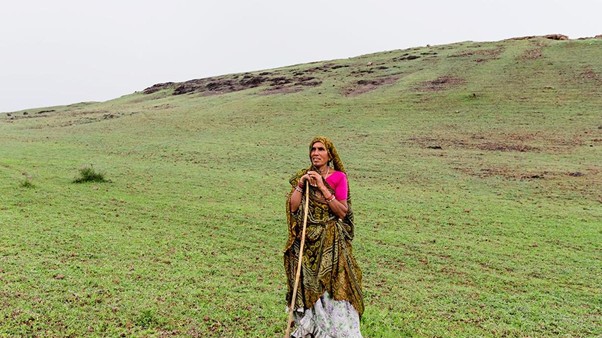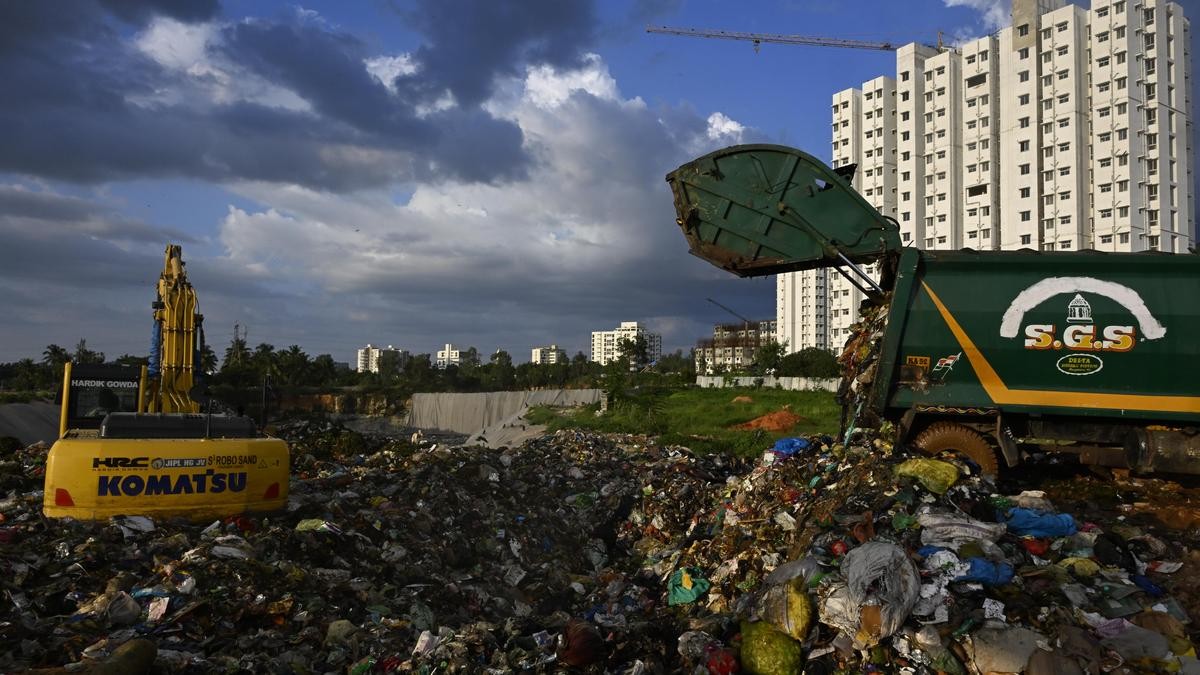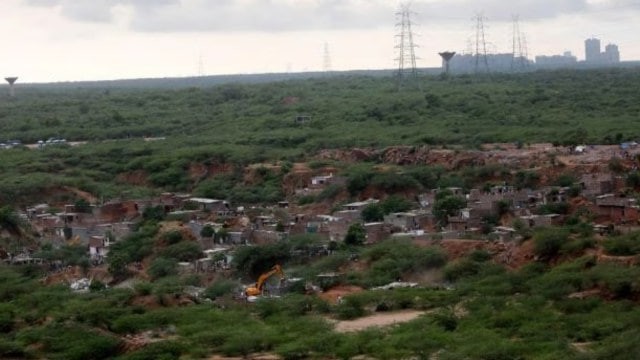Description

Source: Indian Express
Disclaimer: Copyright infringement not intended.
Context
- The Bonn climate meeting did not define a new climate finance goal, leaving crucial issues unresolved for COP29 in Baku.
- Developing countries require significant climate finance to mitigate and adapt to climate change, with the current $100 billion target deemed insufficient.
Details
Key Points
- Search for a New NCQG:
- A new climate finance goal above $100 billion per year is required by the end of 2024.
- The Bonn talks resulted in an “input paper” listing various countries' demands.
- Money is central to climate action, required for mitigation, adaptation, and data collection.
- The NCQG must address the growing financial needs of developing countries.
- Finalizing the NCQG is crucial for COP29's success in Baku.
- The Adequate Amount:
- Developing countries need trillions of dollars annually to combat climate change.
- A UNFCCC assessment estimates $6 trillion needed by 2030 for promised climate actions.
- The global clean energy transition requires $4.3 trillion annually till 2030.
- India proposed that developed countries should provide at least $1 trillion annually after 2025.
- Arab and African countries have proposed targets of $1.1 trillion and $1.3 trillion respectively.
- Debate Over Contribution:
- Annexure 2 of the UNFCCC lists 25 countries and the European Economic Community responsible for climate finance.
- Developed countries argue for shared responsibility due to evolving economic statuses of countries.
- China, the second-largest economy, resists additional climate finance responsibilities.
- Developed countries acknowledge that the new target must exceed $100 billion annually.
- Financial contributions must address equitable responsibility and current economic capacities.
- All Eyes on Baku:
- COP29 in Baku is crucial for finalizing the new NCQG.
- The $100 billion target was initially proposed by the US at COP15 in Copenhagen.
- The outcome of COP29 will significantly impact global climate finance and action.
About New Collective Quantified Goal (NCQG):
Purpose:
- NCQG aims to establish a new climate finance goal above the current $100 billion annually.
Necessity:
- Needed to address the increasing financial requirements for climate action in developing countries post-2025.
Process:
- Developed through international negotiations, with input papers leading to a formal draft for COP29.
Challenges:
- Defining contributions, monitoring financial flows, and ensuring accountability among developed countries.
Expectations:
- Developing countries demand trillions of dollars annually to effectively mitigate and adapt to climate change impacts.

About COP29
Location:
- Scheduled to take place in Baku, Azerbaijan, in November 2024.
Significance:
- COP29 is pivotal for finalizing the NCQG, impacting future climate finance commitments.
Focus:
- Discussions will centre on defining a new, adequate climate finance goal and addressing related challenges.
About UNFCCC:
Global Climate Framework:
- The United Nations Framework Convention on Climate Change (UNFCCC) is an international treaty aimed at addressing climate change and its impacts.
Establishment:
- Adopted in 1992, it provides the foundation for global cooperation on climate action, facilitating negotiations and agreements among nations.
Key Functions:
- UNFCCC facilitates annual conferences (COPs) to review and advance climate goals, supports scientific research and data sharing, and oversees the implementation of international climate agreements.
Principles:
- Guided by principles of equity, common but differentiated responsibilities, and the precautionary approach, UNFCCC seeks to achieve sustainable development while combating climate change.
Membership:
- It boasts nearly universal membership, with 197 parties (196 countries and the European Union) committed to addressing climate change.
Sources:
Indian Express
|
PRACTICE QUESTION
Q. Examine the responsibilities of developed countries in mobilizing climate finance for developing nations. How can equitable financial contributions be ensured in the context of evolving economic landscapes?
|












